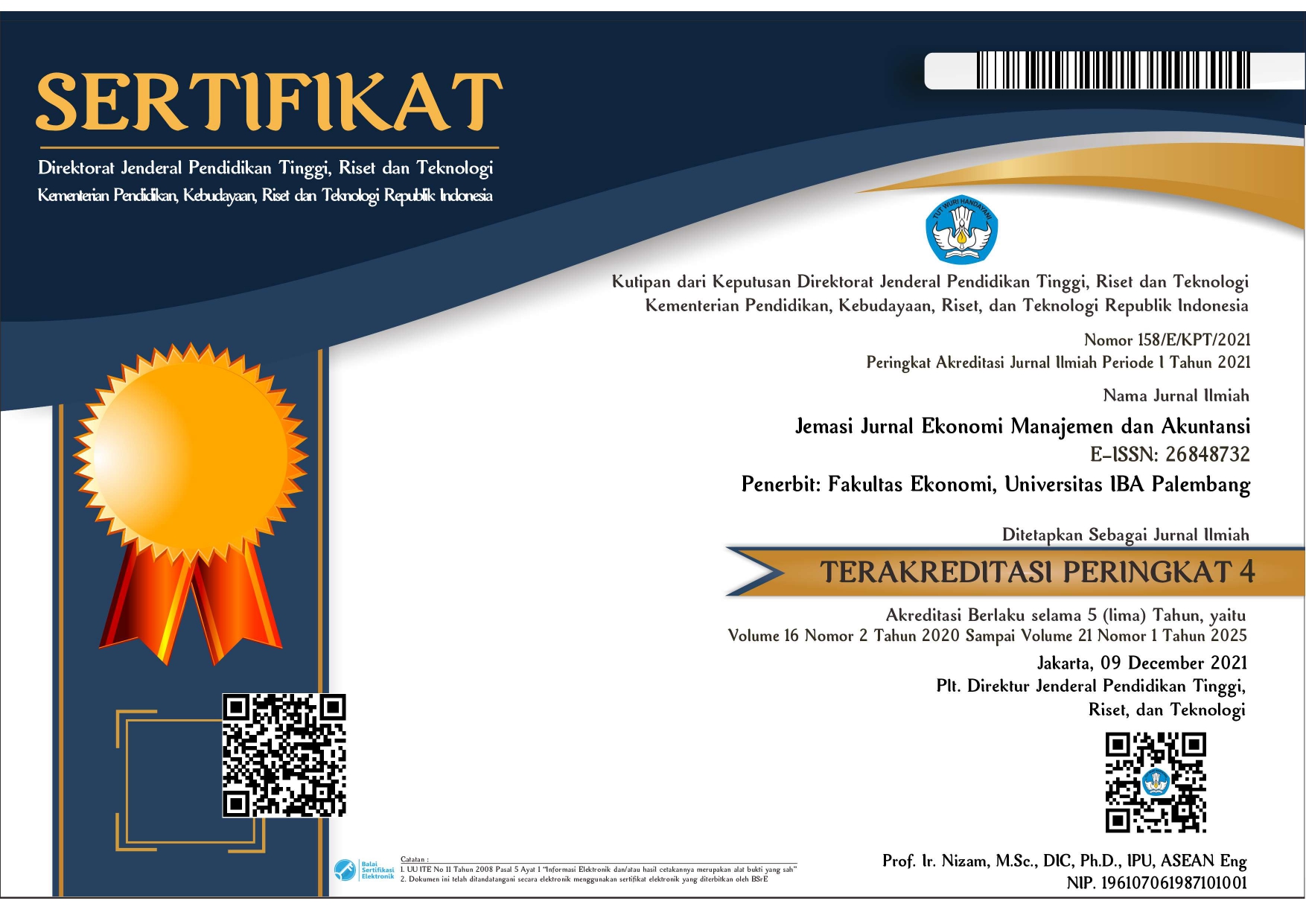ANALISIS PENYELESAIAN ISU PEMAJAKAN EKONOMI DIGITAL: STUDI KASUS GOOGLE ASIA PACIFIC Pte Ltd.
Abstract
Digitalization raises taxation issues for the market jurisdiction authority including Indonesia, both on the aspect of direct taxation and indirect taxation, due to the capability of the digital multinational entities (MNEs) to avoid physical presence to exercise a transaction with the customer in the market jurisdiction. In terms of indirect taxation, issues raised by Google Asia Pacific Pte Ltd (Singapore) related to the business to customer (B2C) model on service and intangible transactions to the consument in Indonesia, especially the nonregistered taxable business consument (nonPKP). In general, the consumption of services and intangibles from abroad by resident in Indonesia is taxed using the mechanism of reverse charge. Due to its ineffectivity and ineffeiciency at the implementation, in 2020, Indonesia government appointed several nonresident MNE including Google Asia Pacific Pte Ltd (Singapore) to collect the VATs. Meanwhile, issue in direct taxation raised by Google Asia Pacific is due to the provision of Indonesia and Singapore tax treaty that still oblige the degree of physical presence to measure the existence of permanent establishment. After the publication of BEPS Action 1: Final Report (2015), the Indonesian government has made several policy decisions, both in terms of domestic regulations to the international realm, such as the signing of multilateral instruments (MLI) and tax treaty negotiation. In addition, currently a negotiation is underway regarding the consensus on digital economy taxation proposals known as the two pillars. One of the proposals initiated was the first pillar proposal (unified approach) which focus on updating rules related to nexus and profit allocation. The purpose of this study is to identify the alternative for VAT and income taxation against Google Asia Pacific Ltd by considering the principles of international taxation. The research used qualitative method with a case study approach. The research data were collected using literature study.
Copyright (c) 2022 Ferry Irawan

This work is licensed under a Creative Commons Attribution-ShareAlike 4.0 International License.








